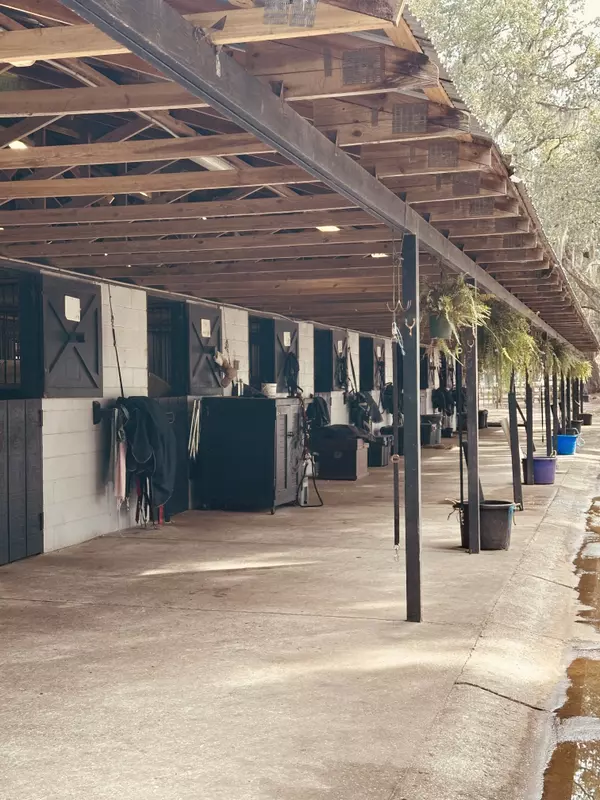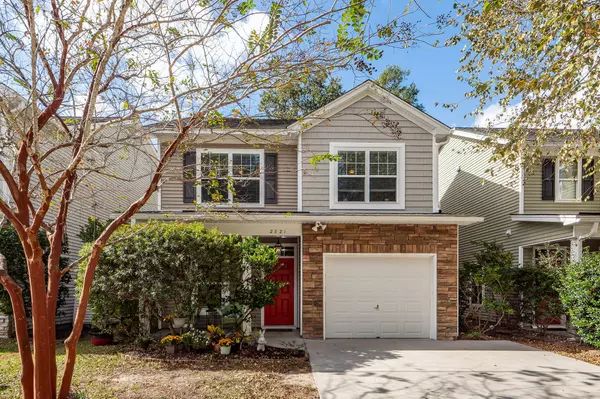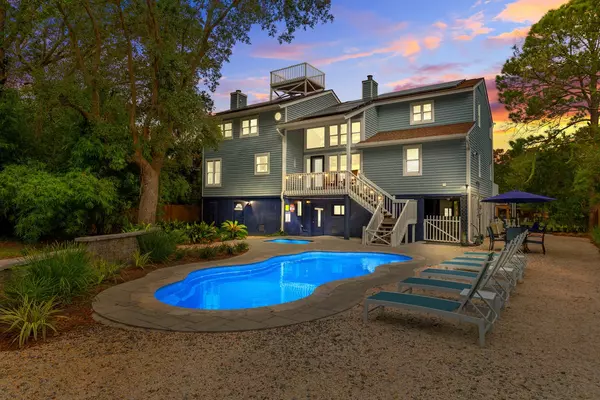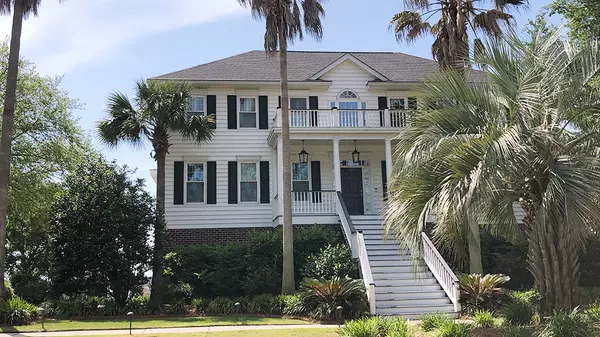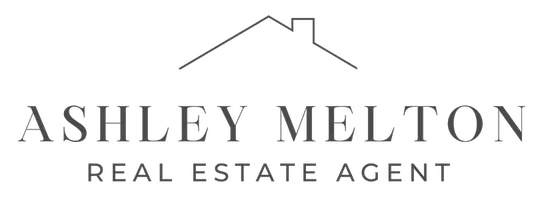Rent vs. Own: Why Renters Have the Advantage in a Hot Housing Market
With housing, in general, being a hot commodity these days, rent prices will likely continue to climb. And If rental rates climb far enough to start matching or exceeding the mortgage payments for a home you could call your own - is it a good time to consider the plunge? In this post, we'll go over the pros and cons of each, but we'll also look at why renters have an advantage in today's hot housing market.
What Are the Advantages of Renting?
Flexibility
Renting allows you the opportunity to pick up stakes and head for a different climate, relocate for work with ease, snag one of the new two-bedroom apartments in the cool new area downtown, or any other number of choices. You can pay an early termination fee, or wait out your lease and move on.
You're also able to rent month-to-month in some properties for even more flexibility or secure a longer-term lease to lock in rental rates for a longer period. If you're older, you have the option to move closer to family in case of emergency or simply to visit more often. As a homeowner, it's a bit more complex than that.
Fewer Maintenance Costs
In most cases, you won't be on the hook for most major maintenance costs like plumbing, pests, electrical and structural issues. But it's important you review your lease thoroughly before signing to make sure the landlord takes care of the majority of any repairs.
If you're older, the ability to do some of these larger tasks will decrease as well. Renting leaves those tasks to the landlords and superintendents of the buildings you rent.
For homeowners, these costs can be expensive and eat into savings or available cash. The website AmFam.com says to estimate around $1 per square foot of your home per year for upkeep. That number increases with older homes.
More Available Funds

It's possible that your rental situation can free up additional money that can be saved or invested. This depends on how much your rent and other monthly expenses are, of course. But investments tend to have higher returns than real estate appreciates so this option could put you in a better position financially when you do decide to buy.
In addition, some rental properties include amenities like gyms or pools which would also reduce membership costs for these services if you had to pay for them individually as a homeowner.
Insulation from the Housing Market
Renting also keeps you away from changes in the housing market. In the off-chance of another housing market crash, you'll be in the clear. And, if you are concerned about the housing market, then renting could be your hedge against the market.
And while rental rates did increase in the past few years, the cost of renting didn't do so at the same rate as housing prices.
Competitive Advantage
For homebuyers who are currently homeowners themselves, a contingency on the sale of their home will usually be the norm in their offer. This contingency is based on selling their home in order to purchase the seller's home. This can cause delays in closing if the buyers are unable to sell their home in time.
In the case of a renter buying a home, you may have an advantage over other buyers because you won't need the seller to accept a contingency based on the sale of a home. You're either finishing out your lease, subleasing for the remainder, or paying an early termination fee and you're done. Sellers may be more attracted to a qualified buyer without the need for contingencies.
What Are Some Negatives of Renting?
You're Not Building Equity
This is probably the number one reason you've heard against renting. So, you may already be aware of this, but your monthly mortgage payment on a home does two things: It pays down the balance you owe on the home while increasing the equity (or value) of your home. In addition, your home will also grow in value on its own which is known as appreciation.
Your monthly rent payments, on the other hand, provide your landlord with a source of income and not much else for you in the long run. Unless, of course, you count your history of on-time rent payments that would help you with the mortgage application to purchase your own home.
Trying to "Wait Out The Market"
Trying to time the market could be problematic for a renter. You may continue to rent in the hopes that home prices will fall before you snatch up a "steal" of a home. The issue here is that in a market with high demand for housing and high prices - the rental market tends to mirror the changes to capitalize on demand.
In addition, you could potentially miss out on the perfect "Dream Home" in hopes it will still be available when the market shifts in the buyer's favor. Add to that the potential for home values to continue to rise and homeownership could be further out of reach in the future.
Less Tax Benefits
Unless you live in an area that offers a renter's tax credit, there really aren't any tax breaks available to you as a renter.
A homeowner can deduct property taxes, mortgage interest, and even a certain amount of profit when selling their home in some cases.
Probably the only parallel tax break available are certain business expenses when working from home which has become more of the norm in the past few years.
What Are the Advantages of Home Buying?
First-Time Home Buyers Have an Edge

As a first-time buyer, you have access to certain programs like grants, down payment assistance, and more while veteran home buyers looking for their next home do not.
They also have more flexibility because - as I mentioned before - there's no home to sell before the purchase of the new home can close. First-time buyers don't need a contingency in their contract.
Repeat Buyers Have Leverage, Too
Veteran home buyers will usually be able to use the equity in their current home for larger down payments. This in turn can lead to more favorable terms on your mortgage and a more attractive offer on the home to the seller.
A home sale contingency gives the buyer a certain amount of time to sell their existing home in order to finance their next one. A seller receiving multiple offers might not be willing to entertain the “ifs and whens” of these contingencies, so they’d be more inclined to accept an offer without one.
Building Equity (There it is again)
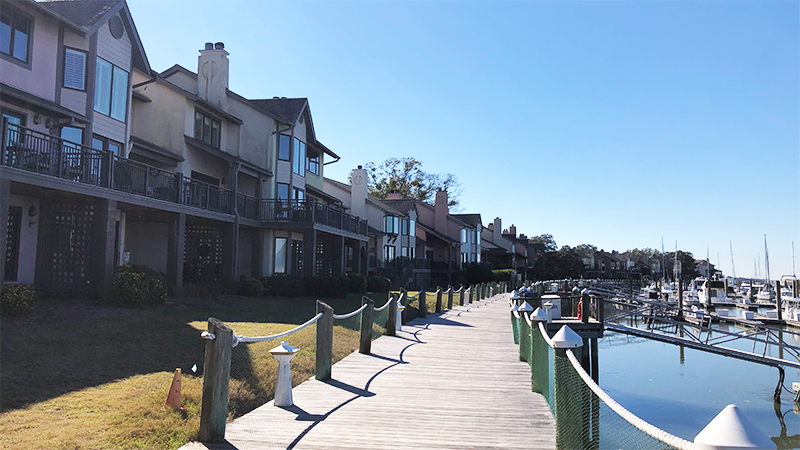
A home is also an asset that can appreciate over time or in a market where property values increase quickly. So you've invested in something that will either provide a return one day or can be left as an inheritance to your family.
Tax Benefits
As a homeowner, you have the ability to deduct mortgage interest and property taxes. In some states, you also have the ability to deduct a certain percentage of your home as a business expense if you use it as a home office. Mortgage points can also lower the amount you owe in taxes, as well. As a renter, none of these benefits are available to you.
More Stability and Freedom

As a homeowner, you don't have to worry about a landlord increasing the rent or selling the property and kicking you out. Additionally, many mortgages lock in rates for a period of time so there are no surprises there, either.
If you want to build an addition or knock down a wall as a homeowner, go for it. As a renter, you'd rarely have the luxury of even repainting a room much less remodeling.
What Are Some Negatives of Buying a Home?
It's Still A Seller's Market Right Now
In 2022 it's still a seller's market, which means the inventory of homes is low and demand is high. Sellers have the advantage in a home transaction and home values are currently high, there's no doubt about it. If you're currently in the market to buy a home, you'll need to be smart and do your research on the home, the neighborhood, community, etc. to decide if the purchase is right for you.
Added Costs of Maintenance and Upkeep
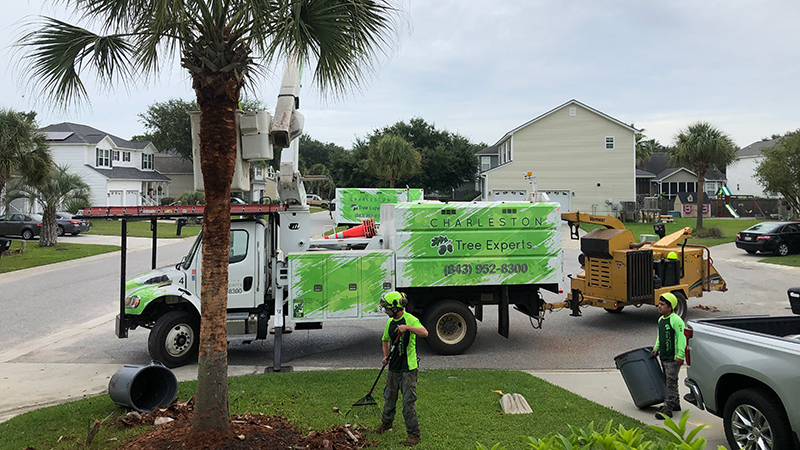
As a homeowner, you're now on the hook for all the maintenance needed for your home. If an appliance breaks, you're either paying for the repair or for a new one. Although, having homeowners insurance and a home warranty helps to reduce the costs of some of these costs.
In some places, Owning a Home Can Be More Expensive Than Renting
It is possible where you live that mortgage payments exceed the cost of renting. However, Investopedia.com cites a report in which owning is typically less than renting in the South.
Final Thoughts on Owning a Home vs. Renting
Is it better to own a home or rent one? Of course, I'd love to say it's far better to own a home than rent (And that I'd love to help you buy one;) But, the fact of the matter is, you need to weigh the pros and cons listed above and possibly more to understand if it's right for you or not.
Speaking from my own experience and from the experiences of my current and past clients, owning your own home is a huge and incredibly rewarding step in your life. Your home is a place to create memories, raise a family, and a way to grow wealth. But, homeownership may not be for everyone. Or, it may be for you, but just not the right time. Regardless, it's an important thing to explore if the idea of owning a home is appealing to you and I highly encourage you to do your research.
For a bit of additional research, I'd also recommend checking out my free mortgage calculator and playing around with some numbers. Compare the mortgage payments on a $200k, $300k, even a $500k home with what you currently pay in rent and see how things compare. Try adding 0%, 10% and 20% down payments and compare those numbers as well.
If you've read this far and still have questions, that's OK! Get in touch and let me know how I can help.

Categories
- All Blogs (54)
- Charleston, South Carolina (12)
- First-Time Home Buyers (13)
- Folly Beach, South Carolina (12)
- Goose Creek South Carolina (1)
- Home Appraisals (2)
- Home Buying (34)
- Home Inspections (2)
- Home Maintenance (3)
- Home Selling (14)
- James Island, South Carolina (3)
- Mount Pleasant, South Carolina (3)
- New Home Construction (1)
- Summerville, South Carolina (1)
- West Ashley, South Carolina (3)
Recent Posts
